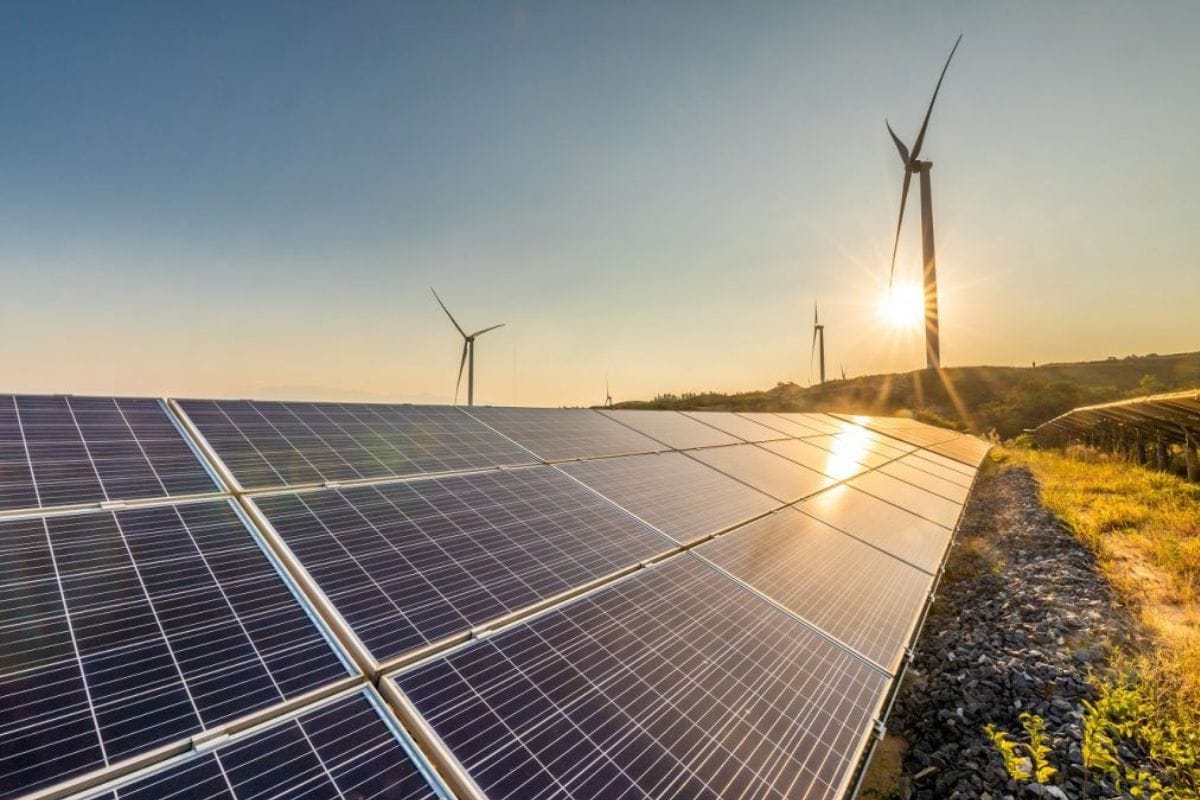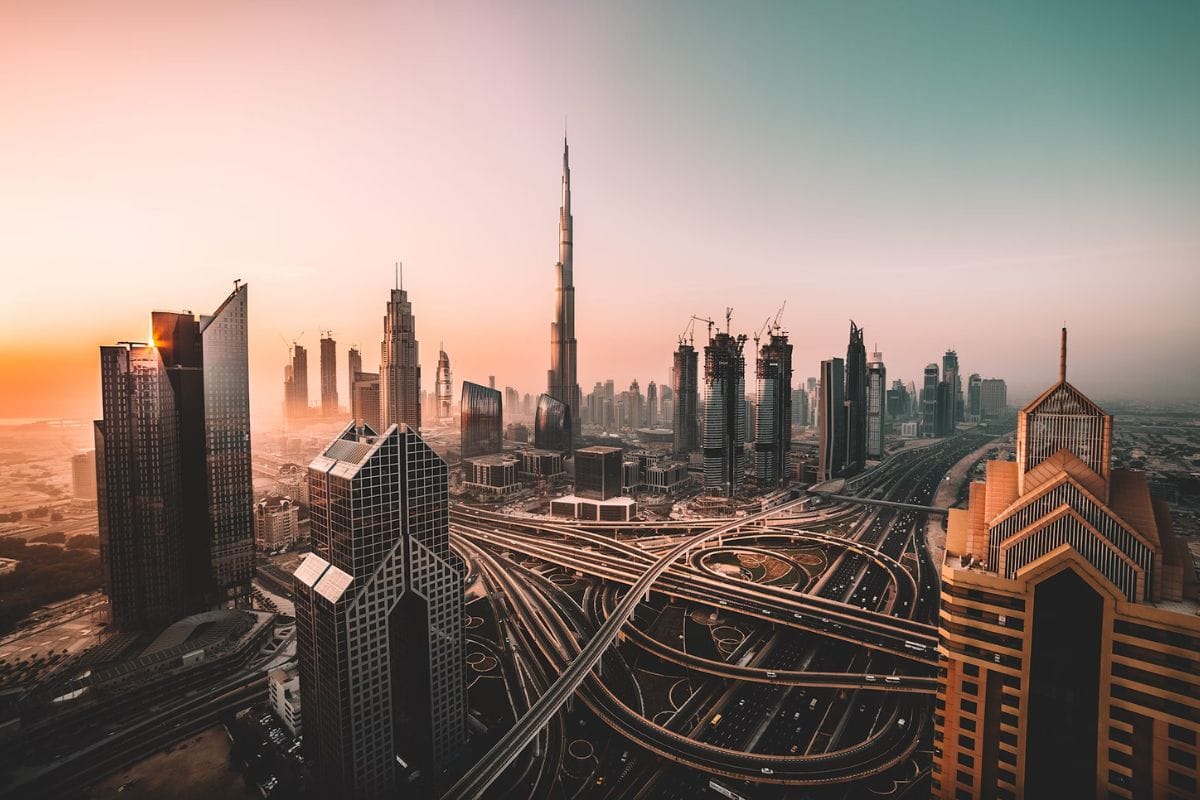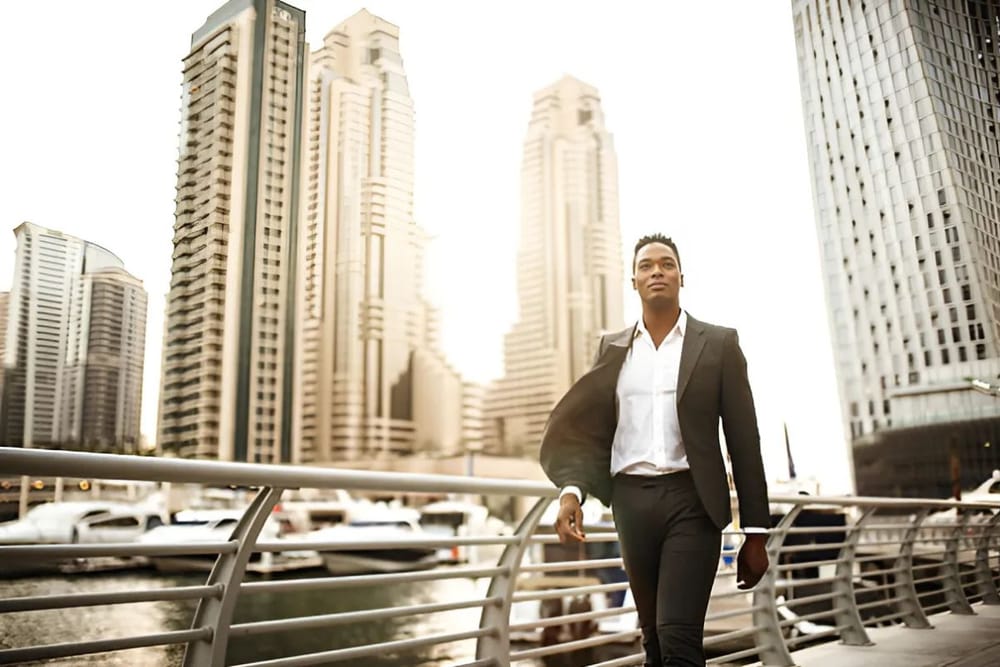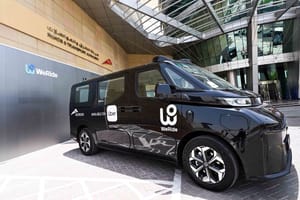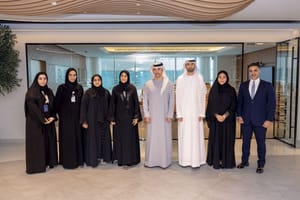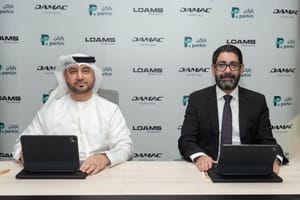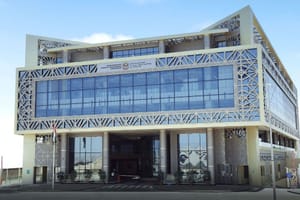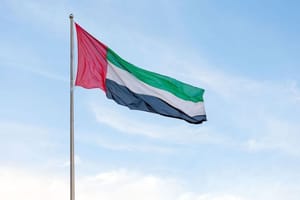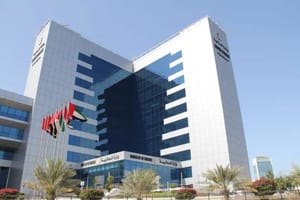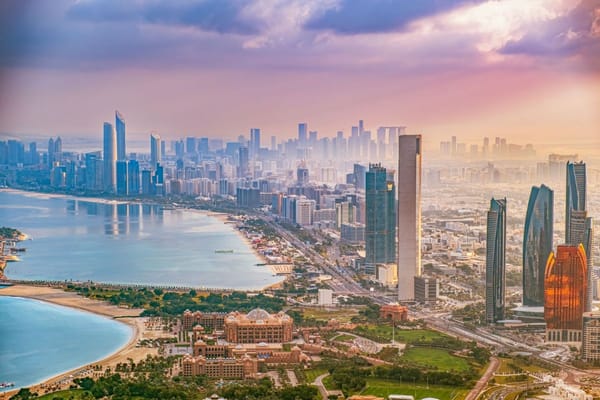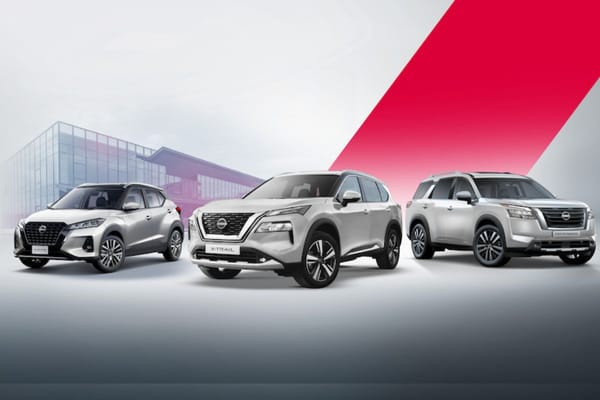Dubai has always been synonymous with progress and innovation, but with the ambitious 2040 Urban Master Plan, the city is set to transform into a global powerhouse like never before. From futuristic infrastructure to an eco-conscious approach, Dubai’s 2040 blueprint promises to unlock a world of new opportunities for businesses across industries.
What does this vision mean for companies looking to thrive in one of the world’s most dynamic cities? Discover how Dubai’s strategic plans will shape the future of business development in the years to come.
Dubai 2040 Urban Master Plan
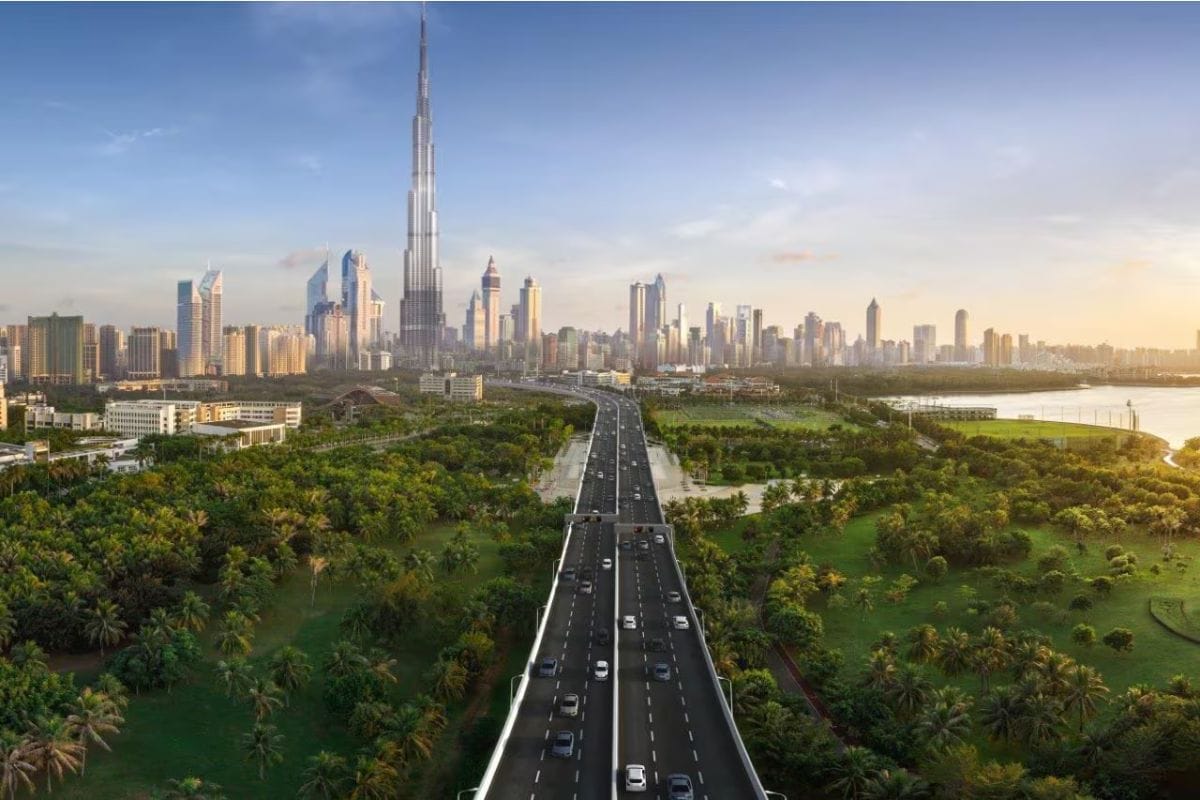
Dubai’s 2040 Urban Master Plan is a visionary roadmap designed to transform the emirate into a global model of sustainable urban development. It seeks to enhance the quality of life by prioritizing strategic urban growth while preserving Dubai's heritage and natural landscapes. The plan ensures that Dubai remains a major business hub while fostering an environment of innovation and inclusion aligned with economic priorities. It envisions an active urban landscape that integrates land use, transportation, and environmental sustainability for the benefit of residents, businesses, and visitors. These objectives are achieved through comprehensive initiatives.
Dubai’s 2040 Urban Master Plan is all about reshaping the city’s future by focusing growth around five key hubs—Deira and Bur Dubai, Downtown and Business Bay, Dubai Marina and JBR, plus two rising districts: Expo 2020 Centre and Dubai Silicon Oasis. These areas will be seamlessly connected by a sustainable transport network designed to ease congestion and improve mobility. The plan also puts a strong emphasis on green spaces, aiming to double recreational areas and preserve 60% of the emirate’s land for nature reserves. With a clear vision for economic diversification, smarter infrastructure, and environmental sustainability, Dubai is gearing up to become an even more vibrant, resilient, and future-ready city.
Key Pillars of Dubai 2040 Urban Master Plan
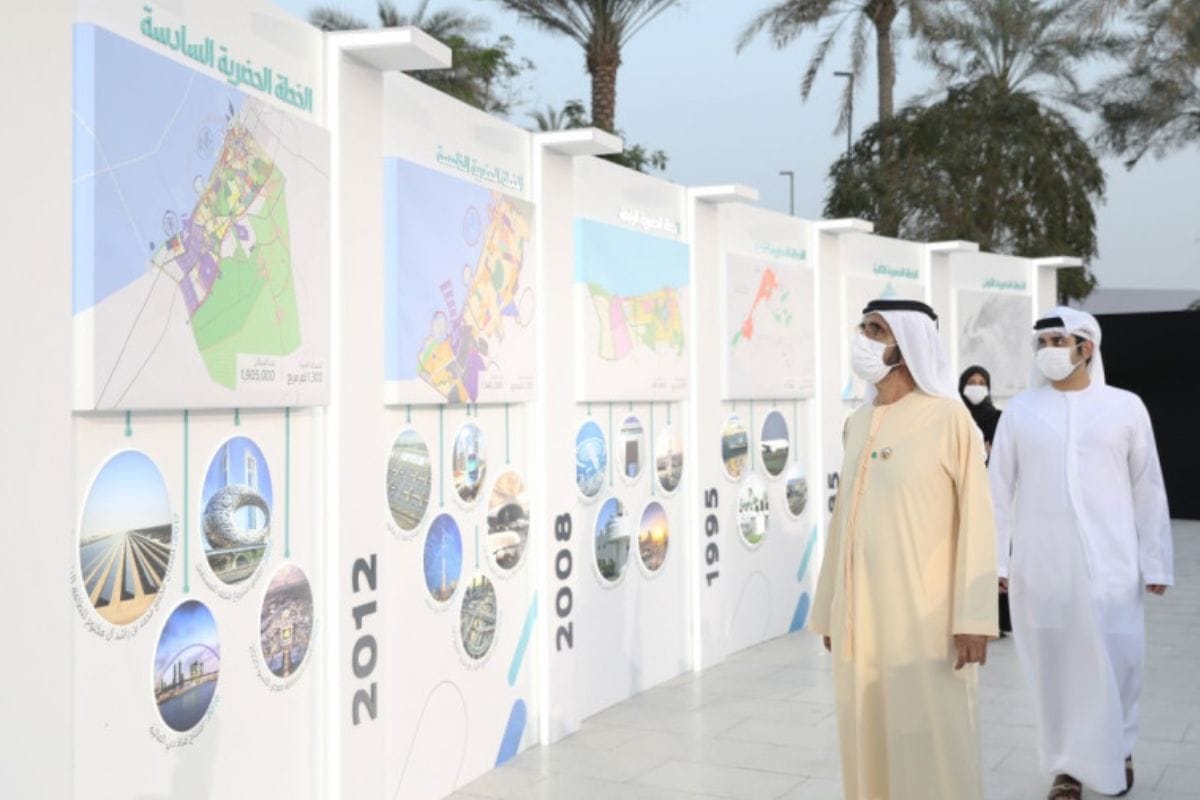
The Dubai 2040 Urban Master Plan is built on several key pillars that will redefine the city's urban fabric and economic potential.
- Sustainable Urban Development: The plan emphasizes the creation of sustainable communities, reducing carbon emissions, and increasing green spaces. By 2040, Dubai aims to have 60% of its land area dedicated to nature reserves and green spaces, making it one of the most environmentally friendly cities in the world.
- Enhanced Connectivity and Infrastructure: The plan prioritizes the development of world-class infrastructure, including transportation networks, smart city technologies, and digital connectivity. This will facilitate seamless movement of goods, services, and people, fostering a business-friendly environment.
- Economic Diversification: Dubai continues to diversify its economy away from oil dependency, focusing on sectors such as technology, finance, tourism, healthcare, and renewable energy. The master plan aligns with this vision by creating specialized economic zones and innovation hubs.
- Population Growth and Inclusivity: With the population expected to grow from 3.3 million in 2021 to 5.8 million by 2040, the plan ensures that urban development is inclusive and will provide affordable housing, healthcare, and education for all residents.
- Cultural and Tourism Development: Dubai aims to strengthen its position as a global tourism destination by developing iconic landmarks, cultural districts, and heritage sites. This will attract more visitors and investors, boosting the hospitality and retail sectors.
Impact on Business Development
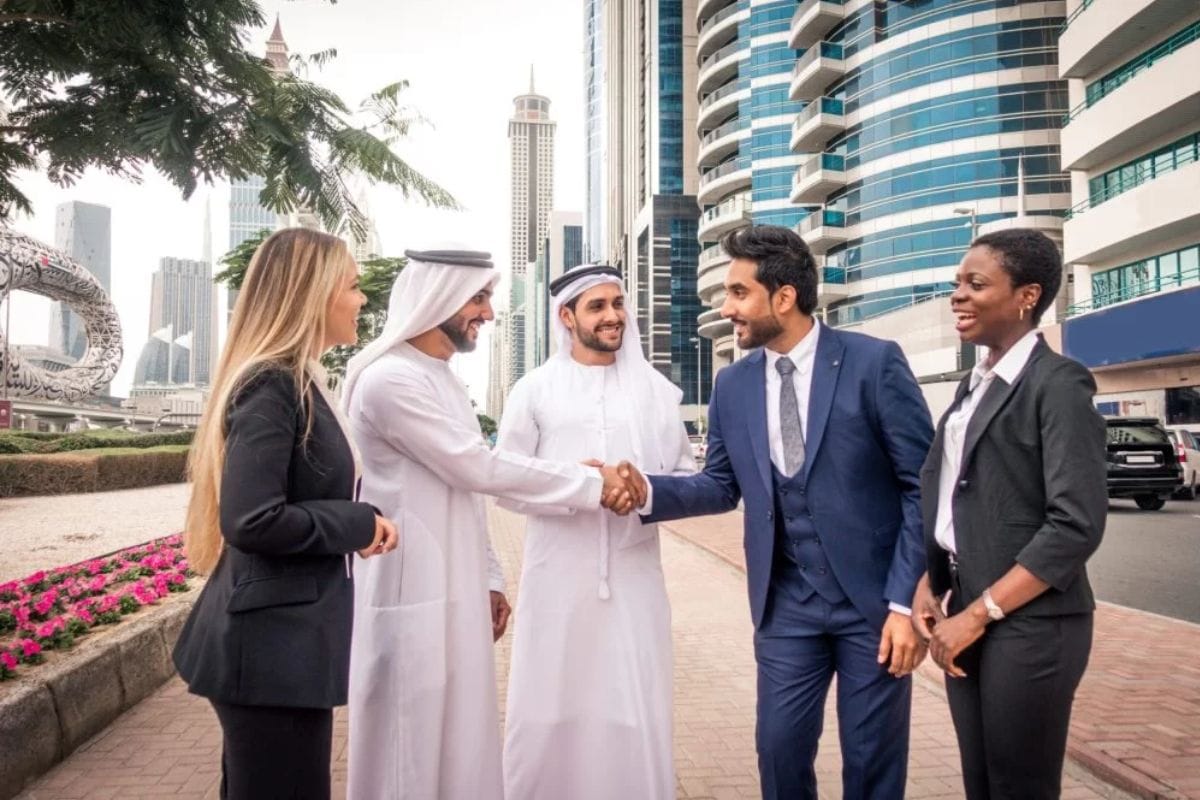
The Dubai 2040 Urban Master Plan is not just a blueprint for urban development; it is a catalyst for business growth and innovation. Here’s how it will impact various sectors:
Real Estate and Construction
The real estate sector is poised to benefit significantly from the master plan. The creation of new urban centers, such as Downtown Dubai, Dubai Marina, and Expo City Dubai, will drive demand for residential, commercial, and mixed-use developments. Additionally, the focus on sustainable construction practices will encourage businesses to adopt green building technologies, creating opportunities for companies specializing in renewable energy, energy-efficient materials, and smart home solutions.
However, the sector may face challenges related to rising construction costs and the need to align with stringent sustainability standards. Developers will need to innovate and collaborate with technology providers to meet these demands.
Technology and Innovation
Dubai’s commitment to becoming a smart city will accelerate the adoption of advanced technologies such as artificial intelligence (AI), blockchain, and the Internet of Things (IoT). The master plan envisions a fully integrated digital infrastructure, enabling businesses to operate more efficiently and access real-time data for decision-making.
Startups and tech companies will find fertile ground in Dubai’s innovation hubs, such as Dubai Silicon Oasis and Dubai Internet City. The government’s support for entrepreneurship, coupled with the city’s strategic location, will attract global talent and investment.
Tourism and Hospitality
The tourism sector will experience a boost as Dubai develops new attractions and enhances existing ones. The plan includes the creation of cultural districts, such as the Al Shindagha Museum, and the expansion of beachfront areas. These developments will attract more tourists, increasing demand for hotels, restaurants, and entertainment venues.
Businesses in the hospitality sector will need to adapt to changing consumer preferences, such as the growing demand for eco-friendly and experiential tourism. Collaboration with local communities and cultural organizations will be key to creating unique offerings.
Logistics and Transportation
Dubai’s strategic location as a global trade hub will be further strengthened by the master plan’s focus on enhancing transportation networks. The expansion of Al Maktoum International Airport and the development of new ports and logistics zones will facilitate the movement of goods and services, benefiting businesses in the logistics and supply chain sectors.
The integration of autonomous vehicles and smart transportation systems will also create opportunities for companies specializing in mobility solutions and urban planning.
Healthcare and Education
As Dubai’s population grows, there will be increased demand for healthcare and education services. The master plan includes the development of new hospitals, clinics, and educational institutions,thereby providing opportunities for businesses in these sectors.
The emphasis on sustainability and innovation will drive the adoption of telemedicine, AI-driven diagnostics, and personalized learning solutions. Companies that can offer cutting-edge technologies and services will thrive in this evolving landscape.
By placing sustainability, innovation, and inclusivity at its core, this groundbreaking plan lays the foundation for unprecedented economic growth and diversification. For businesses, it’s an open invitation to innovate, expand, and thrive in a city that never stops evolving. Yes, the road ahead will come with challenges, but those who embrace sustainable practices, adapt to change, and harness cutting-edge technologies will find themselves at the forefront of a new era of opportunity.
For forward-thinking businesses ready to seize the moment, the future isn’t just bright—it’s limitless. The question is, are you ready to be part of it?
Also Read:



